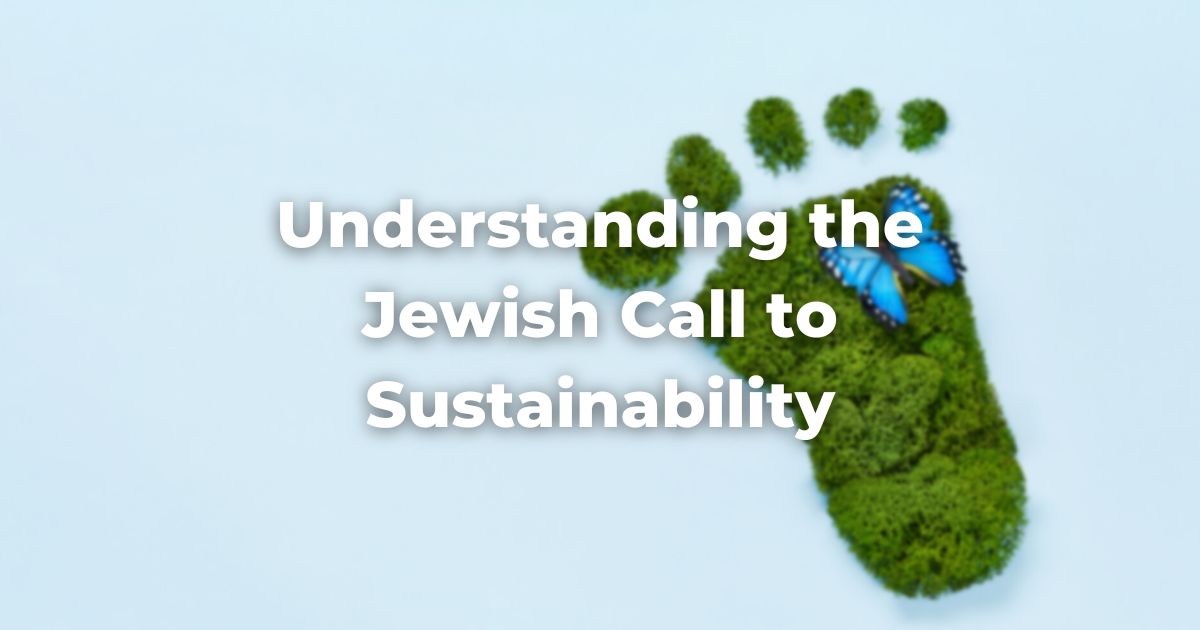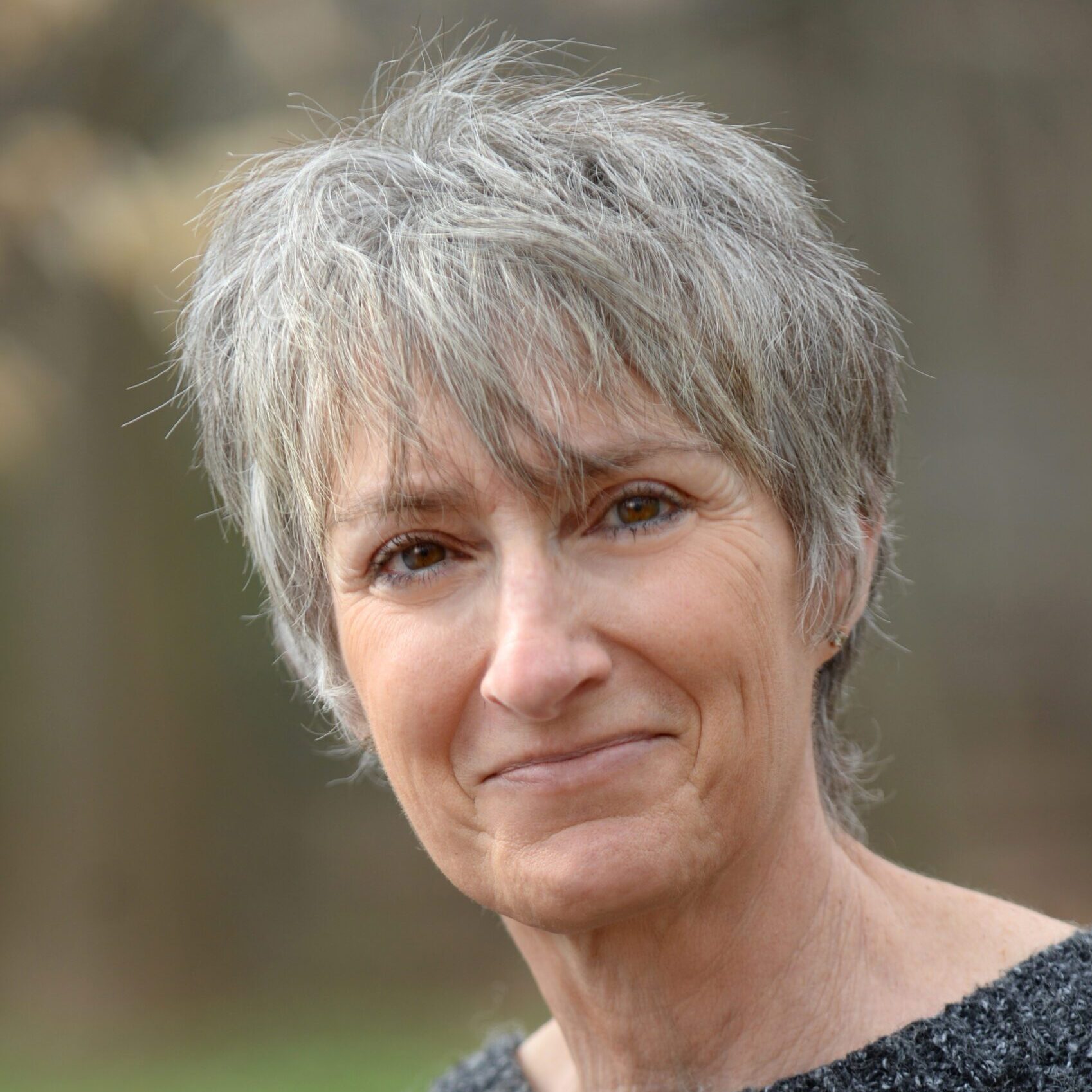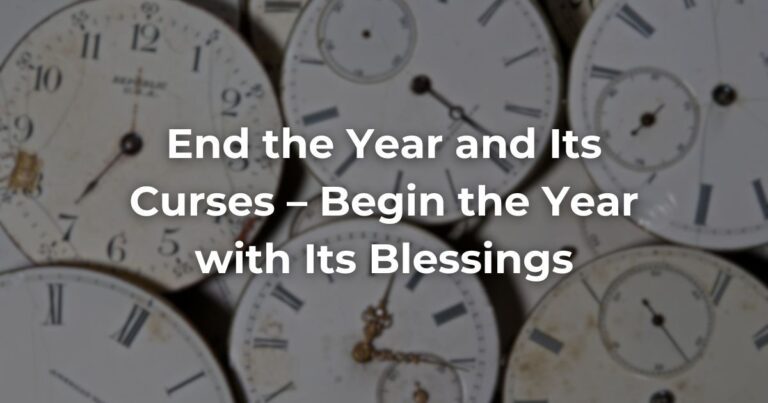Mitzvot Bein Adam l’Adamah: The commandments between Self and Earth
Tradition tells us that the TorahRefers to the first five books of the Hebrew Bible, the Tanakh, also called the Five Books of Moses, Pentateuch or the Hebrew equivalent, Humash. This is also called the Written Torah. The term may also refer to teachings that expound on Jewish tradition. Read more speaks of 613 commandments—both positive (you shall…) and negative (you shall not…).
Yet there are two other categories into which these teachings have been divided: the ritual, that is, those that pertain to the relationship between God and self (bein adam l’makom), and the ethical, those that pertain to the relationship between the other and the self (bein adam l’havero).
The former, those between self and God, include mitzvot concerning lighting candles, idolatry, blasphemy, prayer, putting on tefillin.
The latter, those between self and other, include mitzvot against stealing, urging us to love our neighbor, being upright in commercial dealings, being honest in matters of testimony.
Yet in a world threatened by species extinction, climate change, floods, drought, agricultural failure, oppressive heat and the general disruption of the earth’s operating systems, it seems necessary and prudent to craft a third over-arching category: mitzvot concerning the relationship of self and the earth, mitzvot bein adam l’adamah.
Many such mitzvot already exist.
They include not slaughtering an animal and its young on the same day (teaching us that we may use the earth’s resources as long as we preserve the source of their generativity), letting the land lie fallow once every seven years (both protecting the fertility of the land and reminding us that we are merely transient users of the land not its masters), a host of dietary laws reminding us to mindful of what we eat, not wasting resources, not using dirty fuels and more.
Such mitzvot are assigned to one of the two traditional categories, that of bein adam l’makom and bein adam l’havero.
But they truly transcend the bounds of either category.
Is abusing the land more an offense against God—the creator of the world, or others—who depend upon the earth for their health, livelihood and enjoyment?
Is cutting down an orchard to make way for a warehouse more an offense against God (who decreed we may not cut down fruit trees even in the midst of war) or others (who rely on the orchard for recreation, food and ecosystem services such as managing rainfall, providing shade and cooling, preserving the health of the soil and local biota)?
And more, isn’t it possible that such acts not only are offenses against both God and others but against land and nature itself?
More and more, therefore, Jewish thinkers are suggesting that we need to name this third category of mitzvot, shining a light on the essential mitzvot of sustainability and translating that ancient list into meaningful behavior today (concerning our production, resource use, waste, energy, etc) as we struggle to re-establish a healthy, paradise of a world.
What would this new category do?
Creating the category of mitzvot bein adam l’adamah would highlight the value of caring for the world as a sacred organizing principle and urge us to integrate its pursuit into all we do, thereby truly establishing a habitable world.
Such an imperative has been part of Jewish teachings since creation, for we are told in Genesis 2 that humans were created to “till and tend” this earth. This imperative has perhaps been best encapsulated by the 20th century Jewish philosopher Hans Jonas, who urged us to live our lives so that all our actions are compatible with “the pursuit of the permanence of life.”
That was our sacred call millennia ago. That remains our sacred call today.
(See more: On the teshuvah regarding The Mitzvah of Environmental Sustainability)
Author
-

Rabbi Nina Beth Cardin is the Chair of the Sustainability Committee of the Social Justice Commission of the Masorti Movement and the co-author (with her husband, Rabbi Avram Israel Reisner) of the Conservative Movement's teshuvah on sustainability. She has worked in the field of environmental advocacy for over twenty years, most recently promoting environmental human rights and intergenerational environmental equity for all.
View all posts






